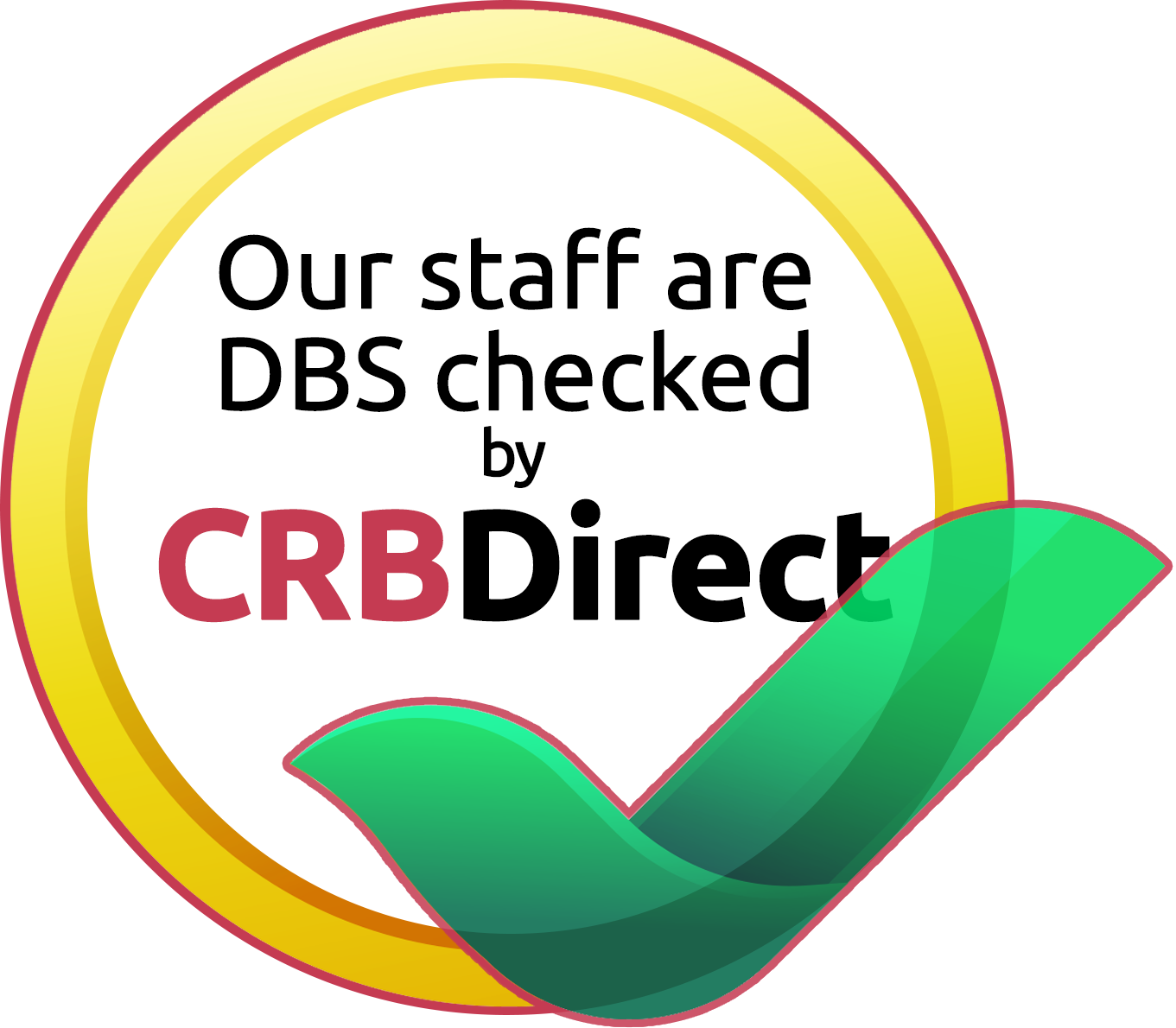
If you’ve applied for a job recently, you’ll be familiar with the idea of pre-employment checks. The concept refers to all the vetting your new boss does before you start work. Each company does things differently, but most companies will fact-check your CV, speak to previous employers, or ask you to apply for a DBS check. But there’s also a growing school of thought that checks shouldn’t stop when you start work. Post-employment screening is about running similar sorts of checks on existing workers. So how does this all work in practise?
How Post-Employment Screening Works
The whole idea behind repeating checks on existing workers is to recognise that things change. Someone might have a squeaky clean record when they join your company but might not always remain that way. A recent survey revealed that 7% of all employees who had started work with a criminal record had been convicted of similar offences. Employees are unlikely to disclose this information voluntarily. They know, understandably, that a conviction for robbery or drug-dealing isn’t going to look good. How can you make sure that you’re not employing someone with a recent criminal conviction in a position of trust, or handling large sums of money? Of course, you might hear through the grapevine that someone has a gambling problem or has an appointment to appear in court on serious charges. However, it’s important to have a robust process for checking up on people if you think it’s necessary.
Who should we be checking?
Anyone involved in recruitment will be aware that all of the pre-employment checking can take a while. If you’re going to repeat the entire process every two or three years for all the people in your organisation, that could easily be someone’s full time job in itself. So it makes sense to prioritise, and assess risk. Look at each position in your organisation and evaluate the worst case scenario . What damage could this individual do to my business in terms of financial or reputation loss? It makes a lot of senses to prioritise the people in key positions for more in-depth checking than those who have little customer contact. Also, the types of checks can also be tailored to the job roles.
Types of screening checks
It’s up to you what sort of checks you want to run on your employees. However, you don’t want to make your employees feel untrusted and unvalued. Have a clear policy about what checks you’re going to do, and communicate this clearly.
- Credit Checks – one of the biggest risks to a company’s bank balance is an employee who is in severe financial difficulties and tempted to embezzle. Asking members of staff, especially in the finance or procurement departments, to consent to yearly credit checks can reduce this risk.
- Criminal Records Checks – a basic DBS check can be done at any time, for any reason. The certificate shows any crimes committed since the pre-employment checks were done. Standard and enhanced DBS checks can only be done in connection with specific jobs.

